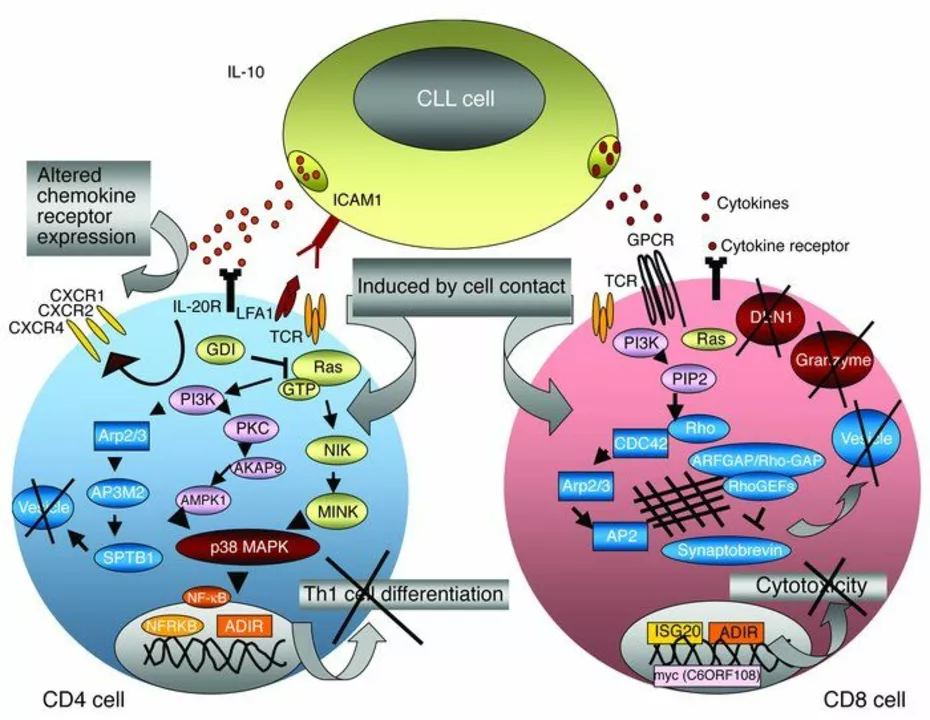Chemotherapy: What to Expect and How to Manage It
Chemotherapy is a common cancer treatment that uses drugs to kill cancer cells or slow their growth. If you're starting chemo, you probably have questions. This page gives clear, practical tips on side effects, medicine safety, and ways to make treatment easier.
How chemo works may sound technical, but the basics matter. Chemo targets fast-growing cells. That includes cancer, but also some healthy cells like hair and gut lining. That explains why hair loss, nausea, and low blood counts happen. Your oncologist will tell you which drugs you’ll get, how often, and what goals to expect.
Common side effects and simple fixes
Nausea, fatigue, hair loss, mouth sores, and low white blood cell counts are the most common problems. Bring anti-nausea meds to chemo and take them as prescribed. Eat small, bland meals if food upsets you. Rest when you can; short naps beat trying to push through long fatigue spells. For mouth sores, rinse with a gentle salt-and-baking-soda mix and avoid spicy, hard foods. Call your team immediately for fever — even a low-grade fever can be serious after chemo.
Blood count drops are routine. Your clinic will monitor CBCs and may delay treatment or give growth factors to boost counts. Keep a list of symptoms that should trigger a call: fevers, sudden bruising, heavy bleeding, severe headache, or new chest pain. Don’t self-adjust doses or stop meds without talking to your care team.
Safe medication tips and finding savings
Chemo often comes with supportive drugs: antiemetics, pain meds, antibiotics, and steroids. Always use a reputable pharmacy. Ask if your online pharmacy requires a prescription, shows pharmacy credentials, and has clear contact info. Avoid sites that offer chemo drugs without a prescription. Store medications per instructions — some need refrigeration.
Financial stress is common. Ask your oncology social worker about patient assistance programs and manufacturer coupons. Generic versions and discount programs can lower costs for supportive meds. Compare local and mail-order pharmacies for better prices and delivery windows.
Plan around your energy. Schedule hard tasks on better days and rest on others. Stay hydrated and focus on protein to support healing. Limit close contact with sick people while your counts are low. Keep a current list of all prescriptions and supplements and share it with every provider to avoid dangerous interactions — especially with blood thinners and heart meds.
What are the goals of my chemo? Which side effects should I report right away? Which meds should I have on hand before my first cycle? Who do I call after hours? Clear answers make things easier and safer.
This treatment is tough, but small steps help. Track symptoms, keep communication open with your care team, and use trusted pharmacies to manage medications and costs.
If you need help finding reliable pharmacies or support programs, ask your nurse or social worker — they often have direct resources to save money fast.





